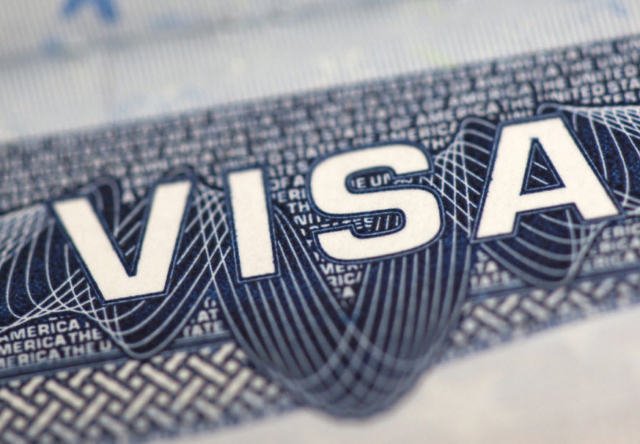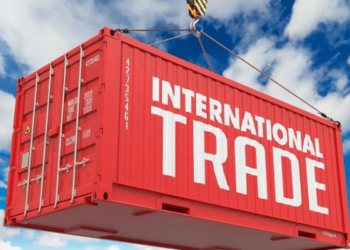The Department of Home Affairs says it is fast-tracking critical skills visa applications currently being processed to address the growing backlog – and is setting up a team to prioritise these applications going forward.
Responding in a written parliamentary Q&A this week, home affairs minister Aaron Motsoaledi said that the department is implementing several interventions to deal with the backlogs related to Critical Skills, Business and Work visas for Corporate Companies and key investment projects.
Companies have run into frustrating hurdles with these visa types over the last few months as the department dithered with systems and shifted processes around. Businesses have described getting the necessary visas for foreign workers in the country as a nightmare.
Motsoaledi said his department and the Department of Trade, Industry and Competition have set up a dedicated team led by the respective Directors-General of the two departments to track and ensure the finalisation of business visas. The team meets weekly and tracks progress on all applications, he said.
“The DHA and DTIC worked on a consolidated list of 605 visa applications from businesses. The list was finalised, and all visas were issued under the Immigration Act. Regular updates on business applications are shared with the Department of Trade, Industry and Competition and the Department of International Relations and Cooperation,” he said.
“The DHA has also held meetings with various stakeholders to update them on their applications, such as Ford, SAB, BMW and Procter & Gamble and Huawei.”
He added that delegations to process visa applications at all foreign missions were reinstated back to the Foreign Missions as of 1 September 2022 under strict control and monitoring processes to better handle the processes.
Going forward, Motsoaledi said that these visa types would be prioritised through a dedicated team.
“The permitting team has been capacitated with a dedicated team of 26 adjudicators, and this team will prioritise critical skills and business visa applications, ensuring a shorter turnaround time for Critical skills and business visa applications,” he said.
“Critical Skills visa is a target in the Department’s Annual Performance Plan, and its achievement is essential.”
A new Critical Skills list was published in February 2022, with a major update in August, adding 39 positions related to the medical field.
The publishing of the critical skills list was an essential aspect of president Cyril Ramaphosa’s plan to draw much-needed professionals to South Africa. However, other plans put forward by the president have made little to no progress.
Repeating his statement from September, Motsoaledi reiterated that there is no update on president Cyril Ramaphosa’s plan for digital nomad – i.e., remote working – visas in South Africa and that offering visas on arrival for tourists is out of the question.
Visas for digital nomads are travel permits that legalise the status of travelling professionals. Like tourist visas, they are easy to obtain and do not require long paperwork and a work contract. However, they allow for longer stays.
There are currently over 130 countries that are exempt from visa requirements in South Africa for travel and tourism purposes. However, these exemptions are for limited periods, ranging between 30 and 120 days, depending on the passport being used to travel, and do not grant permission to work in the country.
In his state of the nation address in February, president Cyril Ramaphosa said that the government was looking to adopt remote-working ‘digital nomad’ and start-up visas as part of a push to attract more skilled workers.
He also said that the country would introduce other visa reforms to make it easier for people to enter the country.
Since making the announcement, however, little has been done to execute these plans.
“The Immigration Act does not, in its current form, make provision for a remote working visa,” Motsoaledi said. “Tourists are not permitted, in terms of the prescribed Regulations, to conduct work while sojourning in the country as tourists.
“The Immigration Act only makes provision for an ordinary visitor to conduct work whilst on a visitor’s visa subject to authorisation for such a work activity being approved on application by the Director General and for a period not exceeding the 180 days per calendar year,” he said.







